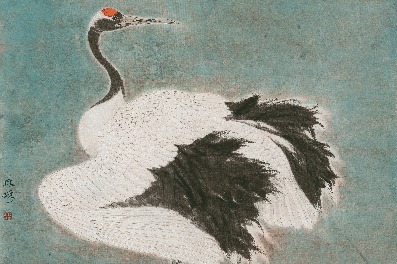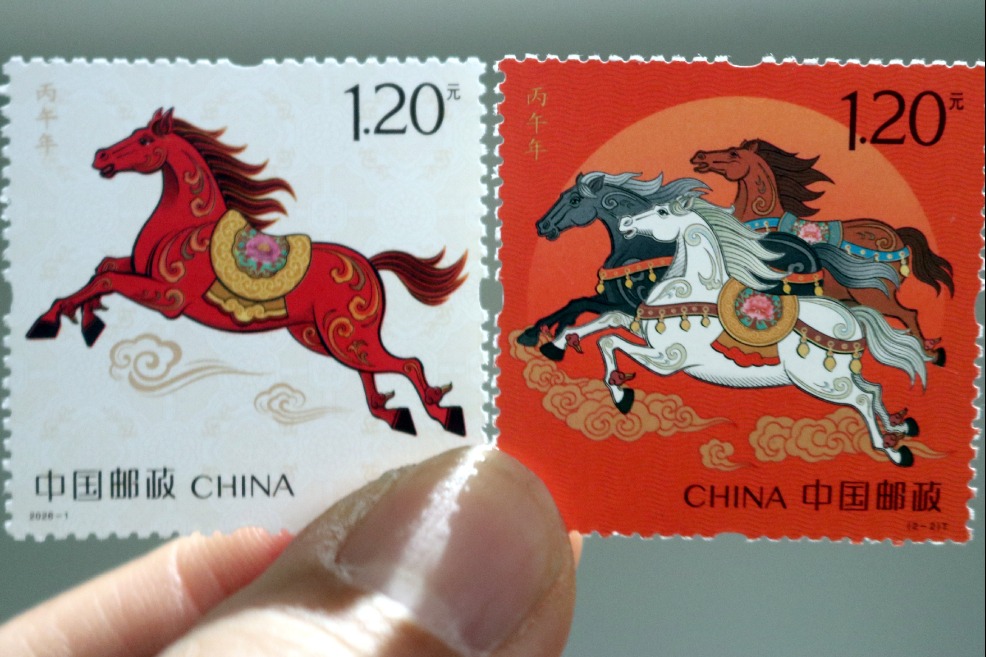Cinema's leading role


Game changers
In 2019, two Chinese smash hits-the animated feature Ne Zha and sci-fi epic The Wandering Earth-earned 5.04 and 4.69 billion yuan, respectively, to take both the No 1 and No 2 positions on that year's box-office charts. They were both hailed as game changers.
Unlike some Western sci-fi blockbusters that depict individual heroes single-handedly rescuing the world or defeating alien invaders, The Wandering Earth conveys values and emotions distinctive to Chinese people, thus resonating more with locals, according to critics.
Director Guo Fan explained in an earlier interview that the film showcases Chinese people's deep bonds to the land, rooted in the country's thousands of years of agrarian endeavor, so the characters want to move the Earth to save it from an all-devouring sun.
In 2020, the China Film Administration and China Association for Science and Technology issued a joint guideline to boost the sci-fi film sector, with policy measures ranging from visual-effects enhancement to training. The move is seen as State-level support to encourage sci-fi filmmaking, according to insiders.
"Sci-fi film is a significant genre in the global film industry," says Wang Hongwei, also deputy head of China Film Directors' Guild. "It can propel the innovation of cinematic techniques, broaden filmmakers' imagination as well as raising interest in exploring the unknown."
Interestingly, the development of sci-fi films is usually related to the advance of science and technology in the country, signaling its ambition and power in the most advanced scientific sectors, adds Wang.
China's feats in space exploration, exemplified by the first Mars rover Zhurong and the country's recent deployment of three astronauts to the core module of what will become China's new space station, have laid the foundation for filmmakers to conceive their own sci-fi stories with a more localized perspective, he explains.
Scriptwriter-director Dong Runnian, known for the 2019 sci-fi film Gone With the Light, says the change of lifestyle caused by the rapidly expanding internet sector can also be used as an inspirational source for Chinese filmmakers.
"China has developed very fast in recent decades," he says. "In some sense, the transformations taking place in China are a bit like a sci-fi tale. I believe our story writers and filmmakers can pay more attention to, and dig out more interesting, materials from which to produce films."
Ne Zha's unexpected success in the summer of 2019 has also given animators a boost, drawing more talent to portray the subjects inspired by Chinese myths and cultures.
Films in the category include the likes of Jiang Ziya: Legend of Deification and New Gods: Nezha Reborn. They are among the highest-grossing films of 2020 and 2021, respectively. These blockbusters are inspired from the Ming Dynasty (1368-1644) novel Fengshen Yanyi (The Investiture of the Gods).
The 2019 animated feature White Snake-a retelling of one of China's most popular folk tales about the love between a snake spirit and a handsome man-is another hit that exemplifies the rise of the domestic animation sector.
Currently working on a sequel to White Snake, director Amp Wong says the animation industry is struggling with a shortage of talent and he hopes that more youngsters will join the sector to help develop animation applications that will assist in producing scenes which reflect typical Chinese aesthetics.
With the people's rising confidence and interest in culture and history, Huang says that he believes domestic animators will figure out better means to visualize traditional values and philosophical thoughts, helping grow a greater appreciation of animated works among cinemagoers.
"We all know that our country is experiencing a great change," says Ma Ping, director of the China Film and Television Photographers Association. "This can also influence cinema. Boosted by the development of new techniques and the potential of China's huge market, we believe the domestic film industry has a promising future."





































